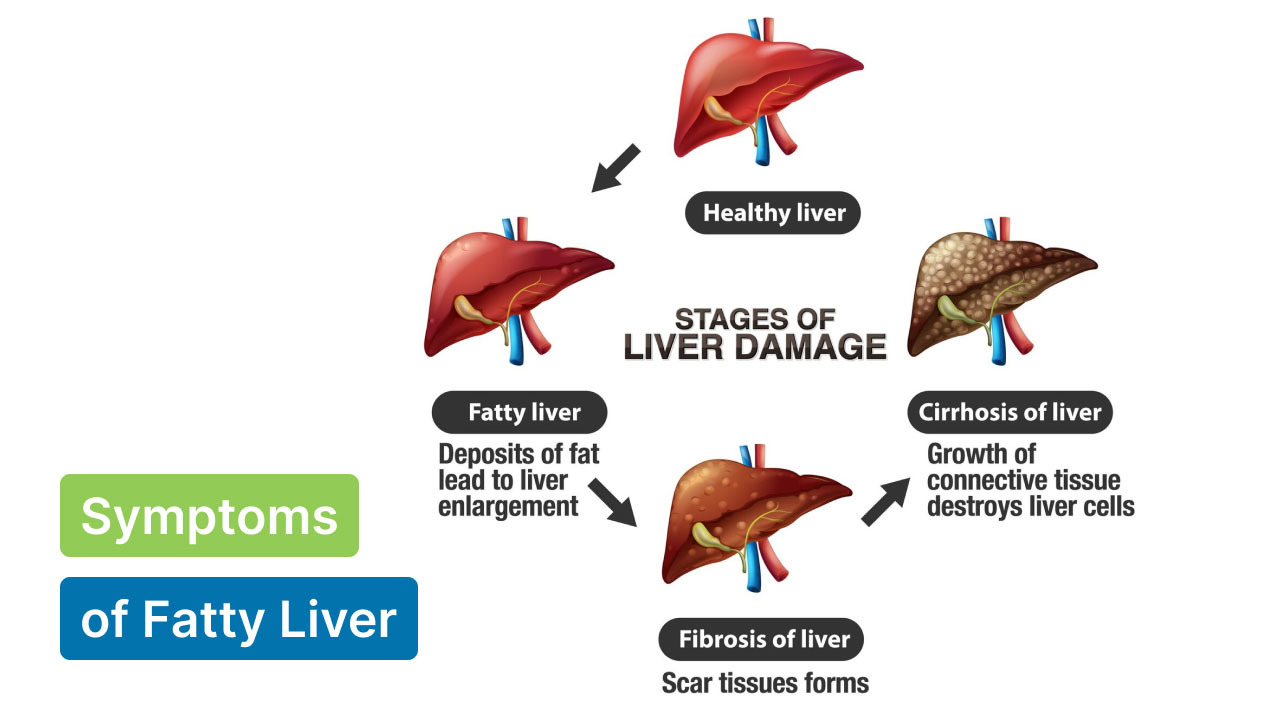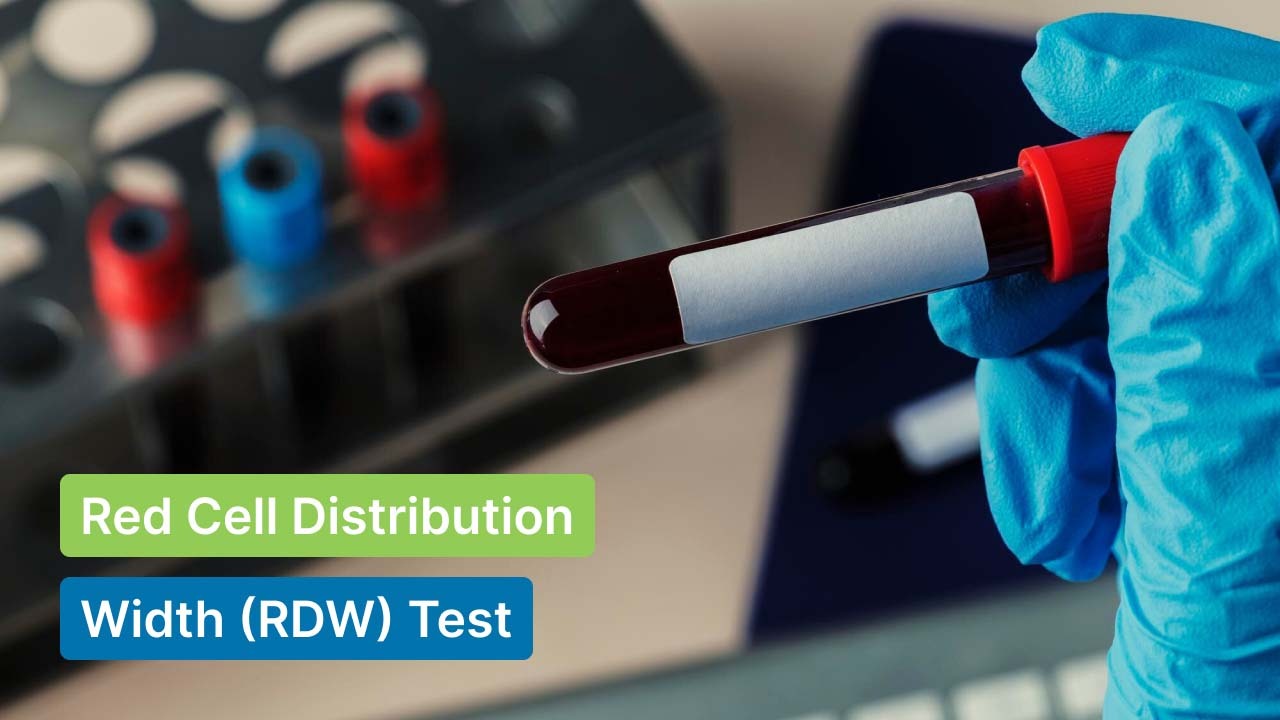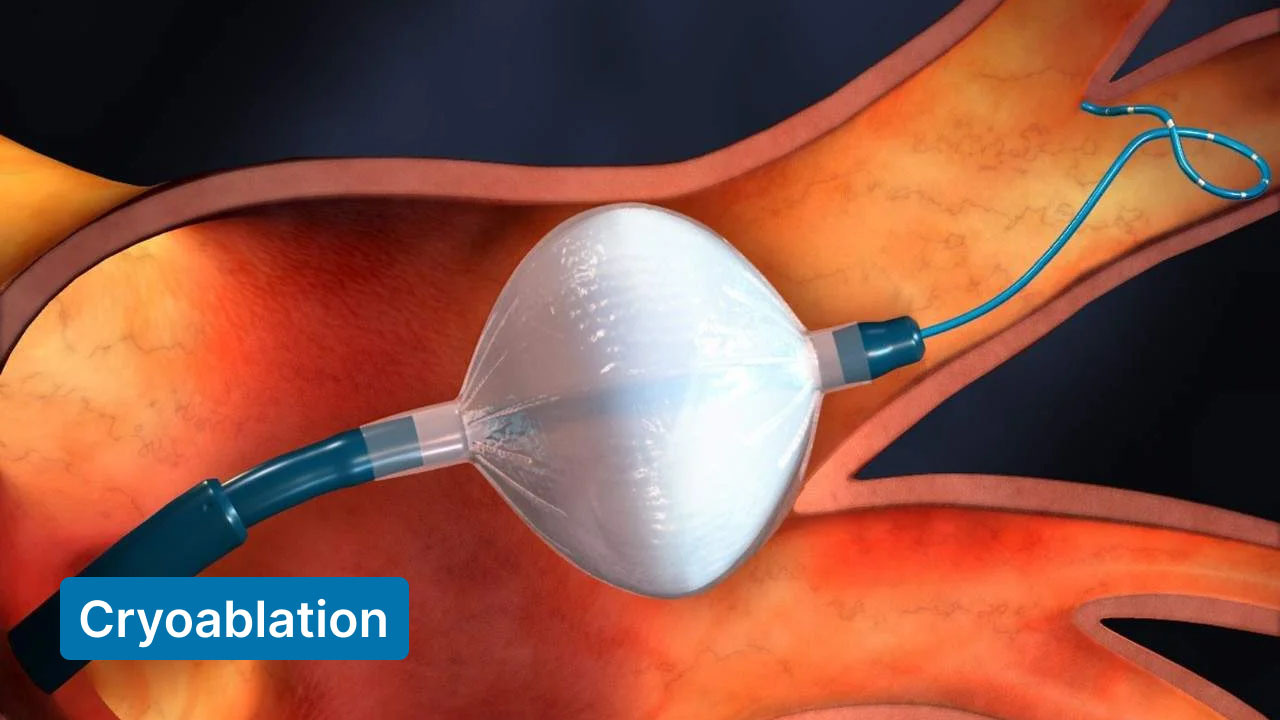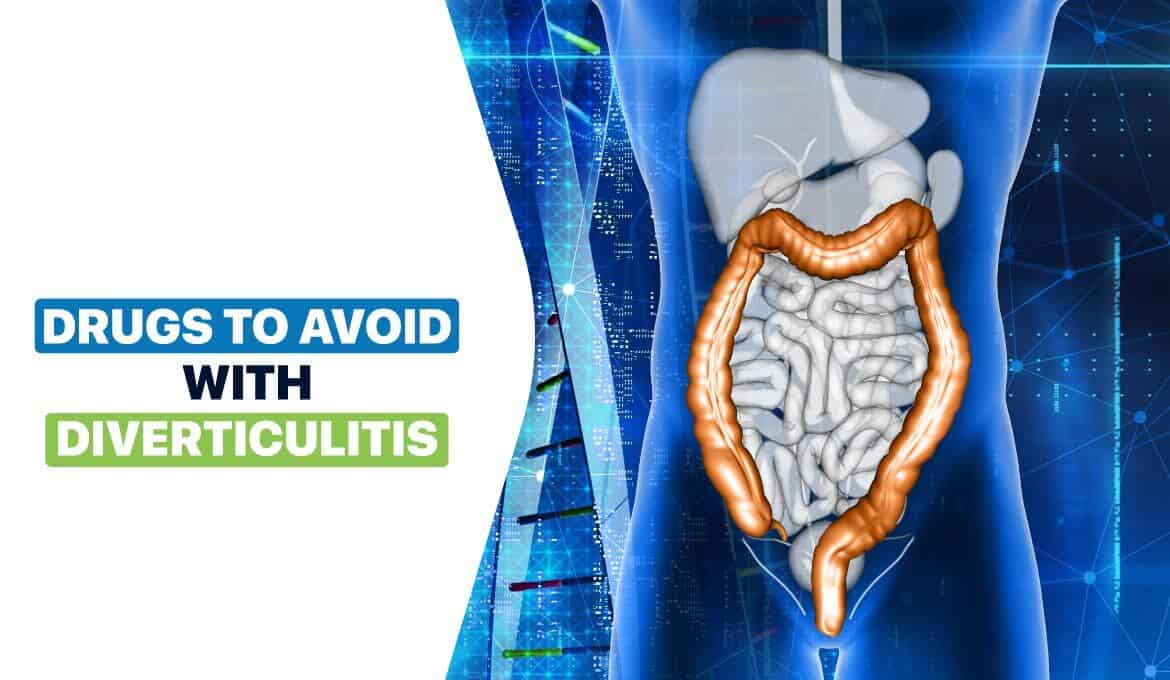
Anorexia nervosa is an eating disorder that comes with far-reaching consequences, both short and long-term. People who have anorexia try to maintain the lowest possible weight by either insufficient food intake, excessive exercise, or a combination of both.
Unfortunately, this can take a major toll on their health, affecting various systems within the body as they begin to starve. Over time, this prolonged deprivation can lead to health issues, particularly digestive, heart, endocrine, fertility, and mental health problems.
Moreover, this tragic condition affects people of all ages, genders, and backgrounds. So which long-term health effects are associated with AN?
Keep reading. This blog provides an overview of this eating disorder and helps you discover “Which long-term health effect is highly associated with a diagnosis of anorexia nervosa?”
What is Anorexia Nervosa, anyway?
Anorexia Nervosa is an eating disorder characterized by an extreme fear of gaining weight and a distorted body image. It can have severe consequences on both physical and mental health.
Such people are so fixated on their body size, weight, and shape that they do not consume enough nutrients to sustain a healthy weight. Severe anorexia nervosa means patients who have a BMI less than 15 and meet DSM-5 criteria.
Research indicates that nearly 29 million Americans are living with an eating disorder. This accounts for 9% of the US population. If left untreated, anorexia nervosa may cause huge complications that may be life-threatening.
That's why it's important to treat it shortly after the diagnosis of anorexia nervosa. Fortunately, with the right treatment, it’s possible to reverse the long-term health effects of anorexia, offering hope for lasting recovery.
So, what exactly happens during an eating disorder?
When a person is self-starving, the body is denied the vital nutrients it needs to function normally. As a result, the body is compelled to slow down all of its normal processes to preserve energy, which has detrimental health consequences.
The disorder is diagnosed based on specific criteria stated in the Diagnostic and Statistical Manual of Mental Disorders (DSM-5), which we will discuss later in this blog.
Now let’s get into the main part.
Which Long-Term Health Effects are Highly Associated With a Diagnosis of Anorexia Nervosa?
The long-term health risks associated with anorexia nervosa on one's health can be extremely fatal. Even before the physical manifestations of this eating disorder are visible, it begins to affect practically every system in the human body. Evidently, this disorder holds the highest mortality rate among all mental health disorders, which is quite alarming.
One of the primary and major long-term health concerns linked to anorexia nervosa is its impact on bone health.
i) Bone health –
The major long-term health effect of anorexia nervosa is associated with our bones.
Anorexia leads to several bone complications, including osteoporosis and other issues related to bone density. These conditions are caused by hormonal imbalances associated with a severely restricted food intake.
Over 90% of women with Anorexia experience osteopenia, indicating a loss of bone calcium. Additionally, about 40% of the people who suffer from AN may develop osteoporosis, which is characterized by advanced loss of bone density.
The hormonal imbalances associated with anorexia, such as a reduction in estrogen levels, further contribute to compromised bone health. For example, in men with AN, testosterone levels fall as they lose weight, which may cause stunted growth and further affect their bone health.
ii) Heart health –
Cardiovascular disease is the major cause of death in people with anorexia nervosa. When you consume fewer calories than you need, your body burns down its own tissue for energy and fuel. Your muscles are the first organs broken down, including your heart.
Here, both your blood pressure and pulse drop as the heart receives less fuel to pump blood and has fewer cells to facilitate pumping. As a result of this low heart rate and blood pressure, the risk of heart failure grows.
That said, severe malnutrition and low body weight can lead to a range of heart complications, including bradycardia (abnormally slow heart rate), hypotension (low blood pressure), and arrhythmias.
Another potential danger to your heart comes from a lack of balance of essential minerals like potassium, calcium, magnesium, and phosphate. These minerals usually dissolve in bloody fluids.
However, during anorexia, starvation causes a loss of fluid and minerals, resulting in an electrolyte imbalance.
As you know, electrolytes are important for producing the electrical currents your body needs to maintain a normal heart rate. Thus, hormones and electrolyte levels in the body can also be impacted by a restricted diet, which can lead to complications.
iii) Hormone disruption –
The hormonal changes that come with anorexia can have serious health complications. Of course, without proper nutrition, your hormone levels get disrupted, which affects several functions in your body. And this can bring about many health complications.
For example, declining levels of thyroid and sexual hormones may cause osteoporosis. On the other hand, a rise in cortisol and other stress hormones helps intensify common co-occurring mental health conditions such as anxiety. For women, reproductive hormones drop, which may affect their menstrual cycle.
After getting appropriate nutrition, several women get their periods back. However, women with AN are more likely to experience fertility problems than those who have not. Many of them have reported they’re unable to conceive after dealing with the eating disorder.
iv) Gastrointestinal function –
Anorexia nervosa puts unbelievable stress on your digestive system. Since a person with an eating disorder has fewer calories, their body will start to slow down its digestive process. This condition is called gastroparesis.
For some people, digestive problems are among the initial symptoms. Some of the unpleasant GI symptoms include:
- Bloating
- Constipation
- Liver damage
- Stomach ulcers
- Abdominal pain
- Difficulty absorbing nutrients from food
v) Neurological issues –
Your brain, being highly sensitive to changes in nutritional status, is significantly affected by anorexia nervosa. Even though your brain accounts for only a small percentage of your overall body mass, it uses up to one-fifth of your body's calories.
The long-term health effects of anorexia may cause nerve damage that affects not just your brain but also other parts of your body.
These nervous system conditions may include seizures, cognitive impairments, numbness or tingling in hands or feet, disordered thinking, structural changes, memory deficits, or reductions in parts of the brain, etc.
A growing body of research revealed that some of these abnormalities may persist even after weight restoration. Unfortunately, some of the damage to your brain could be permanent, which is concerning.
vi) Endocrine health –
Another serious health effect of Anorexia is linked to endocrine health. Our body produces most of its necessary hormones with the fats and cholesterol we get from food.
Keeping this in mind, our hormone levels may decline if we don't consume enough fat and calories. In other words, your body may not produce enough hormones if you're malnourished.
Since hormones are the body's chemical messengers, endocrine issues can affect several body functions.
Common endocrine problems are:
- Hypothyroidism
- Low testosterone levels
- Low growth hormone, which may stunt growth in children
- Changes in hormones that regulate appetite and weight
vii) Mental health –
Nearly 97% of people with eating disorders will meet the diagnostic criteria for another mental health issue. About 33% to 50% of those with anorexia have reported having a mood disorder such as depression, according to the National Association of Anorexia Nervosa and Associated Disorders (ANAD).
Other common mental problems that co-occur with AN are mood disorders, anxiety, post-traumatic stress disorder (PTSD), obsessive-compulsive disorder (OCD), certain personality disorders, and self-harm.
Researchers believe that the high risk of co-occurring mental disorders might be due to shared risk factors for co-occurring disorders (like trauma, emotional health, etc.).
Even though it might not be possible to treat all of these physical and mental health issues, it’s helpful to get it diagnosed and treated as early as possible.
Diagnosis of Anorexia Nervosa
The most difficult aspect of treating anorexia is getting the person who has it to realize and admit that they have a disorder. Many people with AN deny having an eating disorder, and you might be the one too.
They usually seek medical help only when their disease is severe or life-threatening. This is why it’s important to diagnose and treat Anorexia in its early phases.
A person with AN can be diagnosed based on the criteria for anorexia nervosa mentioned in the Diagnostic and Statistical Manual of Mental Disorders (DSM-5).
The three criteria for AN under the DSM-5 include:
- Restriction of calorie consumption leads to weight loss or a failure to gain weight, resulting in a considerably low body weight based on that person's age, sex, height, and stage of growth.
- Intense fear of gaining weight.
- Having a distorted image of their body. That means they find it hard to see their body realistically. They often link their self-worth to their looks and may not realize how serious their low weight or restricted eating is for their health.
Note that even if an individual does not meet all the DSM-5 conditions for anorexia, they may still have a significant eating disorder. The severity of anorexia, as per DSM-5 criteria, is categorized based on body mass index (BMI).
If signs and symptoms of AN are present, the healthcare provider will begin an evaluation by performing a complete medical history and physical examination.
Final Words!
As we can see, Anorexia nervosa is a life-threatening condition that comes with long-term health effects. Luckily, some of these physical health effects can be reversed if you regain your normal weight.
For that, you must first focus on weight restoration, and maintain an active lifestyle. That's the most important part of treatment.
It's never too late! So, contact a healthcare specialist, get a diagnosis of anorexia nervosa, and receive treatment accordingly!
FAQs
1. What is a common health consequence of anorexia nervosa?
Ans: The most common and dangerous health consequence of anorexia nervosa is heart failure.
2. Which medical problem associated with anorexia nervosa is most likely to lead to death?
Ans: Cardiovascular disease is the most fatal medical problem. Since all the muscles, including your heart, start to shrink due to starvation. This causes heart attack as a result of clot formation.
3. What is the major diagnostic factor in anorexia nervosa?
Ans: The three major diagnostic factors of anorexia nervosa as per DSM-5 include:
- Restriction of energy intake
- Intense fear of gaining weight
- Having a distorted image of their body
4. Which is a complication resulting from anorexia nervosa that is considered irreversible?
Ans: Bone loss or osteoporosis is the most serious complication of anorexia nervosa that is considered irreversible.
Read Also:























